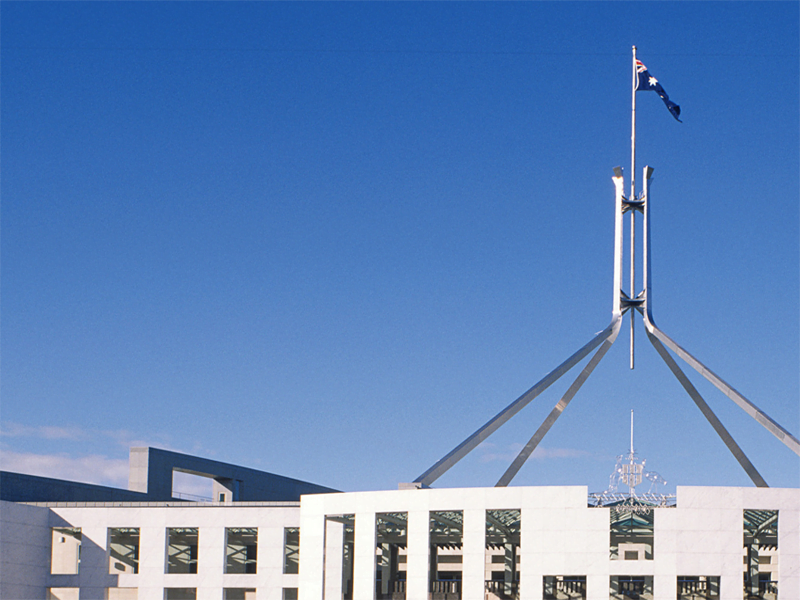Update: The Party Registration Integrity Bill was quietly fast-tracked through Parliament last week with the support of Labor.
This means we have just 3 months to comply with the new requirement of 1,500 members. It’s a tight time frame and, with much of the country in lockdown, it will be a challenge.
However, it is critical that voters have the choice to vote for parties other than the current lot. The Government has failed us on climate action, bushfires, vaccination, quarantine and aged care. It has openly rorted the system, rewarded donors to the Liberal and National parties, given huge tax cuts to those who need it least. And Labor is hardly any better.
Clive Palmer has circumvented this change to our electoral system by recruiting Craig Kelly to his United Australia Party, since parties with at least one sitting MP are exempt from the 1500 member requirement (all the cross bench parties are likewise exempt).
Should Liberal/National/Labor/Greens parties be protected from competition? We don’t think so but that’s what this legislation tries to do.
Please join so the Democrats are back in the race, keeping those bastards honest!
Trebling the membership numbers required for political party registration and giving incumbents exclusive use of words used in naming parties is a ruse by the major parties to stop competition.
The bill sets arbitrary and self-serving limits on democracy.
If 500 members was considered necessary to demonstrate ‘community support’, why is 1,500 now necessary? We know the answer – it’s to protect the major party stronghold on parliament at a time when trust in government and politicians is at an all-time low.
Surveys show 70-80% of voters think the government (and opposition) are not doing enough to protect the planet from global warming. This is a very clear reason why Australia needs fresh voices that are not undermined by vested interest, that understand the science, and are prepared to do what must be done.
The Bill was introduced into the House of Reps last week and is likely to be ‘fast-tracked’ through Parliament. We suggest you let your local MP know this is unfair and undemocratic.
The major parties hold on to power by making rules in their own interests. Here’s how:
- There is no minimum number of members required to be registered
- They are not required to submit a list of members to the AEC
- An infinite capacity to raise money for spending on elections from those with vested interests
- Government can spend huge sums of money in electorates to sway voters
- Offices, staff, travel etc. are used during election campaigns
- Funding goes directly to political parties for IT, tax free levies on MPs, media monitoring
- Public funding is provided for every vote cast over 4%
The argument is not that MPs should have less resources, it is that non-parliamentary parties should not be doubly penalised for their efforts in engaging in the democratic process of elections – in giving voters more choices in who they elect and a level playing field for those who engage in the political process.
This bill is a classic case of anti-competitive behaviour that would not pass the muster if competition rules for corporations were applied, viz:
Section 45 of the Competition and Consumer Act prohibits contracts, arrangements, understandings or concerted practices that have the purpose, effect or likely effect of substantially lessening competition in a market, even if that conduct does not meet the stricter definitions of other anti-competitive conduct such as cartels.
More choice for voters might just mitigate the bad behaviour, the excesses in travel allowances, and the lack of accountability for rorting and poor management of Australia’s interests.

